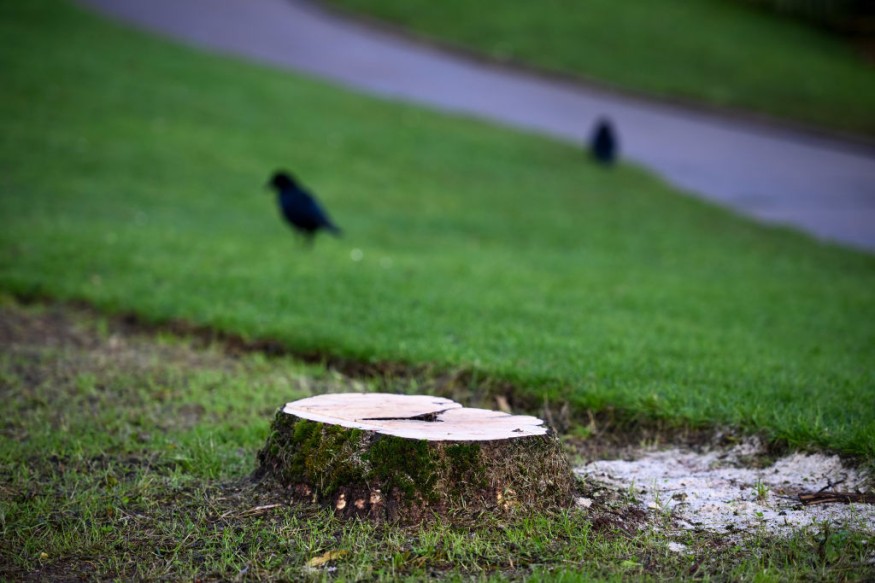Climate change is putting pressure on animals and plants in the United Kingdom due to rising average temperatures, shifting seasons, and increasingly unpredictable weather, according to the National Trust's annual report.
Effects of Extreme Weather on Animals And Plants

The conservation charity said the changing weather patterns, notably the rising temperatures, are upsetting nature and the regular rhythm of the seasons.
This lack of predictability disrupts animal behavior in particular, but it can also have an influence on trees and plants.
The National Trust listed a long number of species that have perished in the past year, including oak trees, which are becoming increasingly vulnerable to the oak processionary moth's caterpillars, which infest them. Because of a lack of extended cold spells in recent years, the moths have moved northward from their natural Mediterranean environment.
Because of the milder winters, hibernators such as dormice are waking up too early and depleting crucial energy stores. It is also causing red deer rutting to occur later, resulting in calves being born in the summer rather than the spring, with inadequate time to mature and store fat stores for survival.
According to the trust, some of the rare lichens and liverworts that thrive in the temperate rainforest at Lydford Gorge, on the outskirts of Dartmoor in Devon, died last winter due to a lack of water.
When the severe rains arrived, water voles were driven from their burrows, putting them at risk of cold, hunger, and predation.
"These baseline changes that we're seeing are really worrying and what we should be taking more notice of, particularly when combined with extreme weather events, which makes things even more challenging," said Ben McCarthy, the head of nature and restoration ecology at the National Trust.
Government's Urgent Action
The conservation organization is pushing lawmakers to prioritize "urgent action" to safeguard the environment and people from future climate shocks, adding that parties should pledge to make changes in their manifestos for the next UK general election.
McCarthy stressed they want to see parties commit to accelerating work on environment restoration, expanding support for nature-based climate change solutions, and putting climate adaptation at the core of their manifestos so that the UK is better prepared for the increasing weather extremes.
"We need to see more action from politicians, particularly as we enter this election year, to ensure tackling the nature and climate crisis is a top priority," he added.
The National Trust has been working on programs to make the landscape more robust and adaptable to changing seasons, warning that we must be prepared for this "new norm."
However, the audit revealed some rays of hope, with a record-breaking number of Cornish Chough birds identified this year, a 60% rise over the previous year, having previously been extinct in Cornwall.
Beavers in Somerset welcomed their first kits, welcoming in twins and expanding the beaver community on the Holnicote Estate. Moreover, despite heavy rain from Storm Babet damaging four of the beavers' dams, the family was quick to begin repairs due to their hardworking attitude.
Related Article : Mating Helps In Predicting How Animals, Plants Respond To Temperature Changes, Study Finds
© 2025 NatureWorldNews.com All rights reserved. Do not reproduce without permission.





